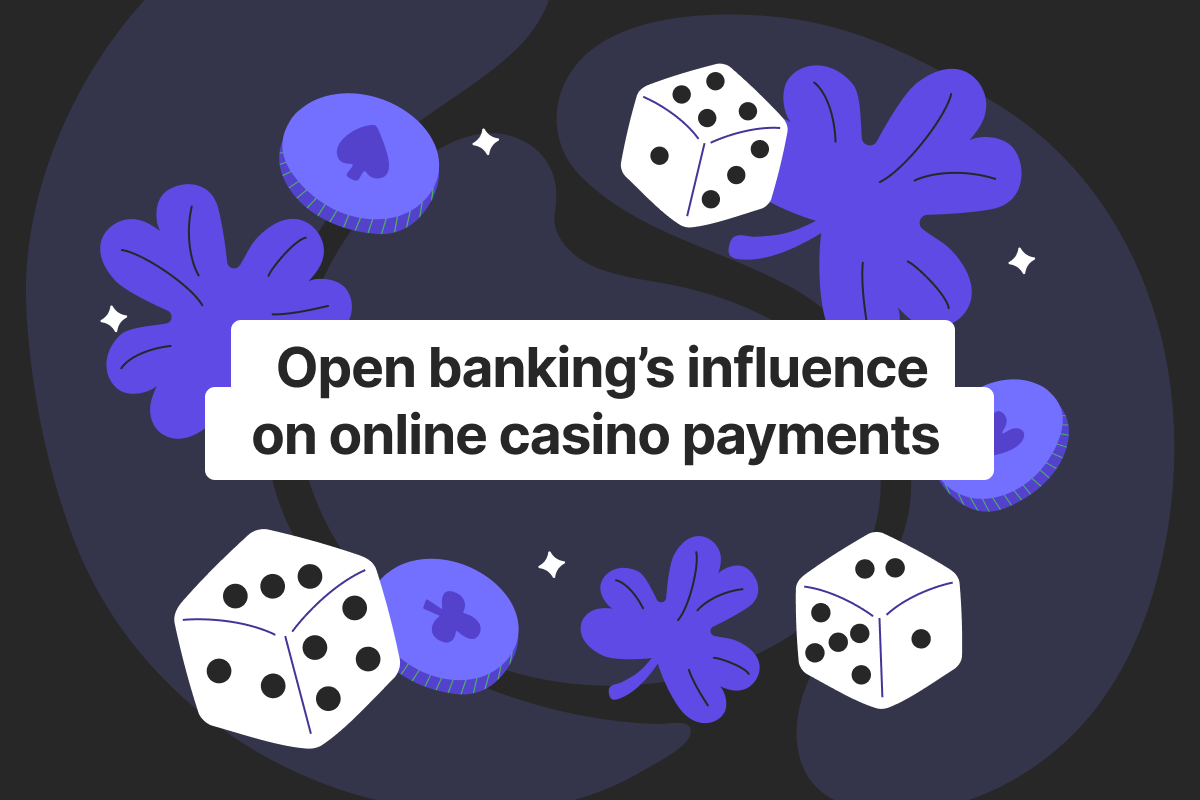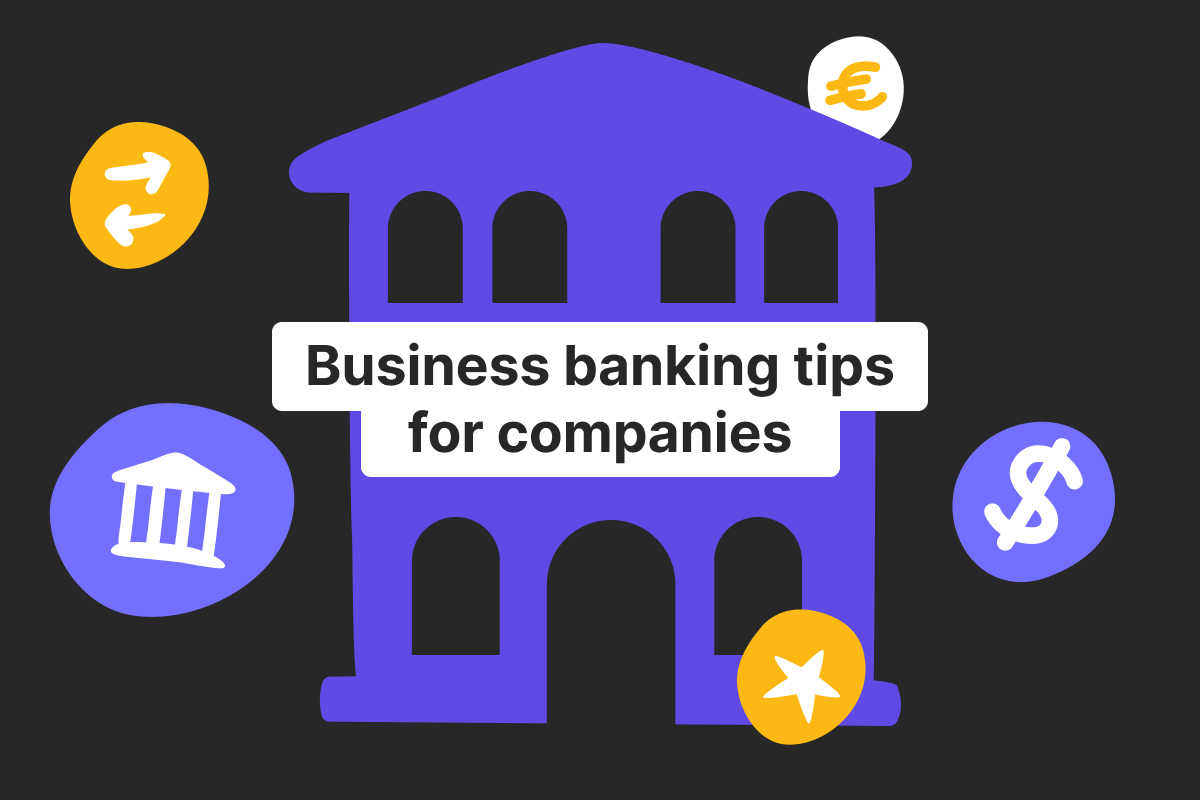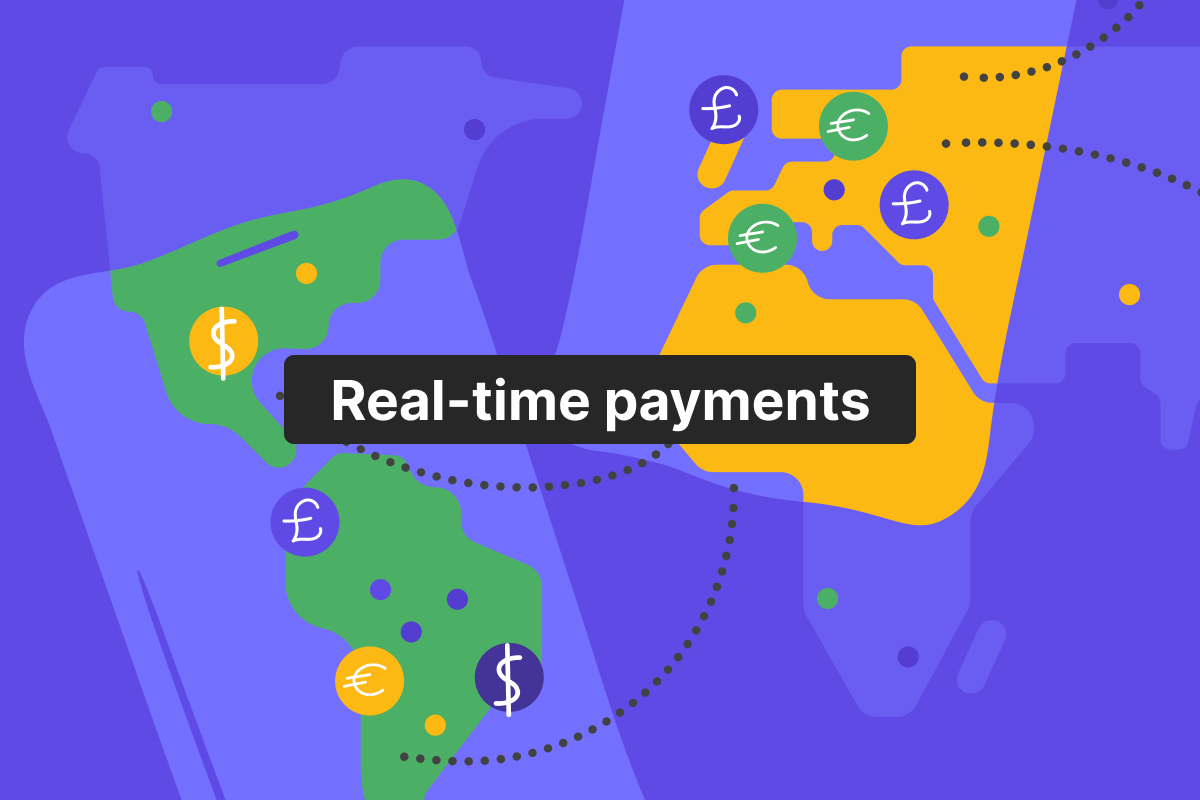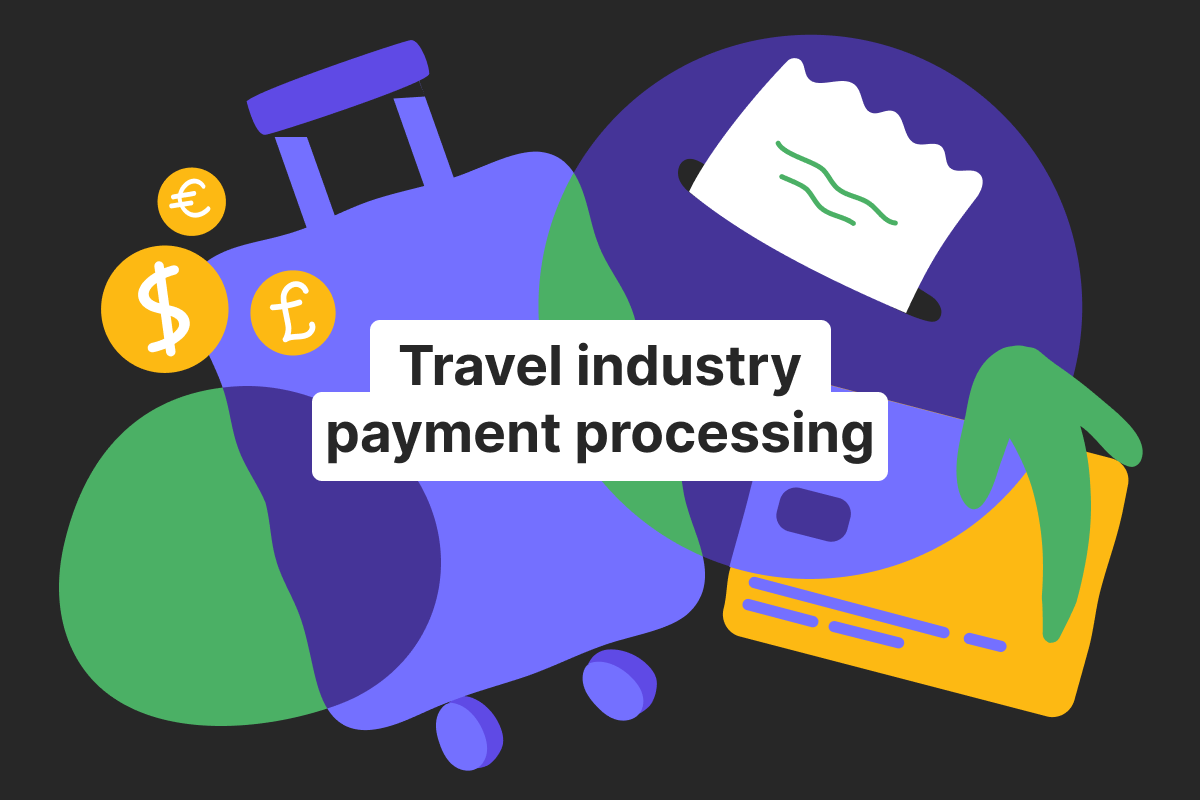Open banking is a relatively “young” technology, with its official implementation in the EU starting in January 2018. The innovation allows third-party providers to securely access bank account data and initiate payments using APIs with the user’s consent. Open banking payments are faster and more transparent because they bypass traditional payment networks.
Open banking emerged in response to regulatory frameworks like the revised Payment Services Directive (PSD2) in Europe, which was introduced to increase competition, innovation, and security in the financial sector. PSD2 requires banks to open their payment services and customer data – securely and with user consent – to licensed third-party providers via APIs.
In the iGaming industry, open banking is a tool used to improve online casino payments. It often allows for instant deposits and withdrawals, adds instruments for improved security, and, in some cases, eliminates the tedious involvement of third-party providers. Thus, it can improve the overall user gaming experience and reduce operational costs and fraud risks for online gambling operators and sports betting.
Understanding open banking
So, how does it work? Open banking heavily relies on application programming interfaces (APIs). Simply put, API is a tool that lets different software systems “talk” to each other. It works like a messenger and delivers requests and responses between programs.
For example, when you connect a budgeting app to your bank account, the app uses APIs to securely ask the bank for your data (like your balance or transaction history). The bank then sends that financial information back through the API only after you give permission.
Using APIs, people can get access to new and improved financial services. With open banking, users can authorize fintech companies, budgeting apps, or online merchants to access account balances, analyze transaction history, or initiate payments directly from their bank accounts without needing card details or a credit card payment gateway.
But what about the security aspect of open banking?
In Europe, the secure sharing of data is strictly governed by regulations like the EU’s PSD2, which ensures that only licensed providers can access banking financial data, and only with explicit user consent.
To do it right, banks must implement strong customer authentication (SCA) to verify the customer’s identity during transactions.
It is why you probably have faced a rigorous verification process in EU banks and payment providers. In exchange, this reduces the risk of fraud and increases transparency in financial interactions.
For consumers, open banking means faster payments, improved financial insights, and personalized services, while businesses gain access to streamlined payment solutions and real-time accessing players’ financial data. It is especially important for online betting and other online gambling companies relying on real-time data.
Any open banking ecosystem is built on the core principles:
Transparency. Users must clearly understand how their data is used and by whom.
Customer consent. Data sharing only occurs with the user’s explicit permission.
Data security. The tools used for encryption, authentication, and regulatory compliance ensure sensitive information remains protected under regulatory requirements.
Many businesses are already taking advantage of open banking solutions, including online gambling, sports betting, etc.
Benefits of open banking for online casinos
Traditional payment methods, such as credit and debit cards or e-wallets, often involve multiple intermediaries and can result in delays, especially for withdrawals, which is crucial for the online gambling industry.
At the same time, open banking casino tools allow direct bank-to-bank transfers through secure APIs, so they don’t have to deal with intermediaries. This way, players can deposit and withdraw winnings instantly, 24/7, without having to wait for manual processing or deal with inconvenient business hours.
Thus, players can authorize payments with a few taps using their mobile banking app or biometric authentication, which can significantly improve their gaming experience with the iGaming platform.
At the same time, online casinos and other gambling platforms benefit from improved cash flow and reduced payment processing costs. Additionally, verifying account ownership in real time helps minimize errors, making transactions more reliable, and gradually helps deal with any type of fraud.
Open banking not only helps execute direct payments but also supports recurring or one-click payments with strong authentication. This means that clients who return to the platform will have a much easier time when repeating deposits.
Open an account
in Genome online
KYC and compliance in iGaming
Open banking payments require strong customer authentication (SCA), eliminating the need to share credit card details.
Every transaction is authorized directly through the user’s bank, often using biometric login or two-factor authentication – one of the best possible authorization methods that exist currently.
This reduces the risk of fraud, phishing, and unauthorized access. Data is shared only with licensed providers under strict regulatory oversight, ensuring high protection and trust for both users and operators.
Open banking is transforming Know Your Customer processes in the iGaming industry by making identity and financial verification faster, more accurate, and less intrusive.
How it was before: players were asked to upload documents like utility bills, bank statements, or ID copies – steps that slow down onboarding and often frustrate people. And let’s be real: many potential players would have quit if they faced such requirements from an online casino.
With open banking, operators can securely access verified customer data (with the player’s permission), confirming key details such as name, address, and bank account ownership in real time.
This reduces the need for manual document checks and minimizes fraud risk by verifying that the person registering is the account’s rightful owner.
It also helps detect suspicious patterns when the security tools analyse transaction history, such as using third-party or fake accounts to make gambling block attempts early in the process. For players, the payment experience is smoother, with fewer delays or requests for additional information.
This also helps to promote safer gambling simply by identifying problem gambling and harmful behaviors early on.
Open banking helps iGaming companies stay compliant by offering real-time, verified data from regulated banks – an instant verification solution at your hand. This supports AML (anti-money laundering) and fraud checks, making it easier to confirm player identities and monitor transactions.
It is much easier to deal with customers who have already been verified by their financial institutes than to make it yourself.
To better understand gambling trends and client spending habits/spending patterns, you can follow the statistics on gambling behaviors. For instance, the UK Gambling Commission provides a good overview.
Genome: a trusted partner for iGaming
Licensed and regulated by the Bank of Lithuania, Genome offers secure financial services built around strong customer authentication, data security, and regulatory requirements. Using these, as well as years of experience working with businesses within different industries, including iGaming.
For instance, we utilize API solutions for mass transfers. This feature also allows us to notify businesses about incoming C2B payments instantly – all thanks to API and webhooks technologies.
Meanwhile, Genome’s batch transfer feature lets companies efficiently handle large-scale C2B and B2C transactions in one go – from accepting deposits via open banking to processing payouts. Moreover, such transfers can be made using SEPA Instant Transfers, allowing you to send payments within seconds.
Not to mention other essential features Genome provides for iGaming and other businesses:
Dedicated IBAN accounts in euros;
Multi-currency accounts with 11 currencies available: EUR, USD, GBP, PLN, CHF, JPY, CAD, CZK, HUF, SEK, and AUD;
Virtual and physical Visa Business cards that can be linked to most multi-currency accounts.
Open an account
in Genome online
Real-world applications in online casino payments
Open banking already delivers tangible benefits for online casinos by improving online payment processes and user experience.
Many leading iGaming platforms have integrated open banking solutions to offer instant bank transfers: deposit and verify identity in one step – without needing to fill out lengthy forms or upload documents is the way to go.
As a result, iGaming platforms can onboard clients much faster, growing their conversion rates. And players are satisfied with a fast service.
Another example is the use of open banking APIs to process real-time withdrawals. Instead of waiting hours or days, players can receive their winnings directly to their bank accounts within minutes.
Casino operators also benefit from reduced chargebacks and fraud because open banking enables strong customer authentication and real-time account verification.
By eliminating third-party fees, operators save on transaction costs, allowing them to offer better bonuses or loyalty programs.
But what about the future trends of open banking? It is an AI era for now, and looking ahead, open banking is expected to evolve with AI-driven financial insights, more cross-border instant payments, and deeper integration into responsible gaming tools.
Online casinos probably would focus more on interactive gaming environments that respond dynamically to players’ actions and AI-driven chatbots as virtual assistants to provide personalized customer support.
Conclusion
From enhanced security to faster payments and improved compliance, open banking is reshaping how online gambling works: sports betting, online casinos, or any platform can leverage open banking technology to heavily decrease operations time, reduce risks, and offer a better overall experience and easy access for users, increasing player satisfaction.
The future looks faster, safer, and more connected for both the online gambling industry and players. After all, open banking helps effortlessly connect the two sides.
For online gambling operators, the benefits are significant as well. They get access to instant withdrawal money, reduced transaction costs, automated KYC compliance, and improved fraud prevention. Such tools enable operators to better manage expenses and retain loyal players.
Still, even with improved tools in place, the industry must keep on promoting responsible gambling practices and use secure financial providers, such as Genome.






